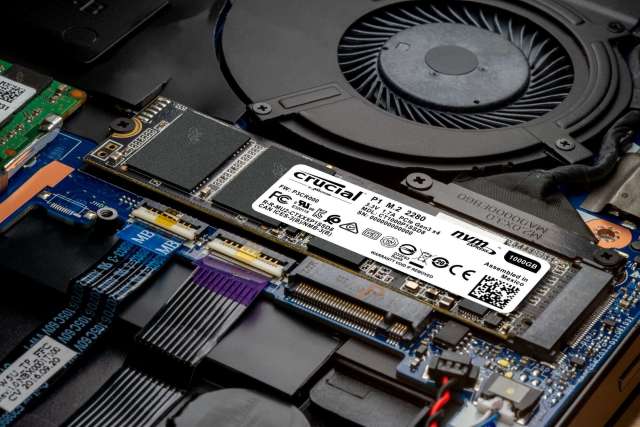The manufacturer of memory chips Micron Technology has announced an investment of $ 150 billion in the construction of new factories and the expansion of existing factories for the production of chips. Due to these investments, calculated for the next 10 years, the American company intends to meet the growing demand for semiconductor products and eliminate its deficit.
"We will work with authorities around the world, including in the US, to meet our needs to ramp up supplies in line with our demand expectations by 2030… We would certainly like to increase our production in the USA, because we believe that more than two percent of the total volume of memory chips in the world should be produced here. This is very important, both for national security and for the stability of the supply chain of chips," Micron CEO Sanjay Mehrotra said in an interview with The Wall Street Journal.
According to Micron estimates, the cost of memory production in the United States is 35-45% higher than in cheaper markets with established semiconductor ecosystems.
According to Mehrotra, memory and storage devices are now "fundamental to everything that changes our lives and our business - from cloud computing to smartphones and self-driving cars." This segment accounts for 30% of the semiconductor industry, and this share continues to grow, said the head of Micron.
In addition to the costs of memory production, part of the budget will be spent on research and development. In 2022 alone, Micron's costs in this area will amount to $ 3 billion, and capital investments should reach $ 12 billion.
Meanwhile, the Nikkan Kogyo newspaper reported on Micron's plans to build a new plant on the territory of its production complex in Japan and invest about 800 billion yen ($7 billion) in this project. It is assumed that from 2024 the company will produce RAM chips used in server equipment of data centers and personal computers.
Sanjay Mehrotra believes that the shortage of chips in the market will continue until 2023, despite the emerging improvements in the industry. The CEO of Micron added that cloud and video services, data center services, e-commerce and the trend of switching to a distance learning and work format contribute to the high demand for chips.
















